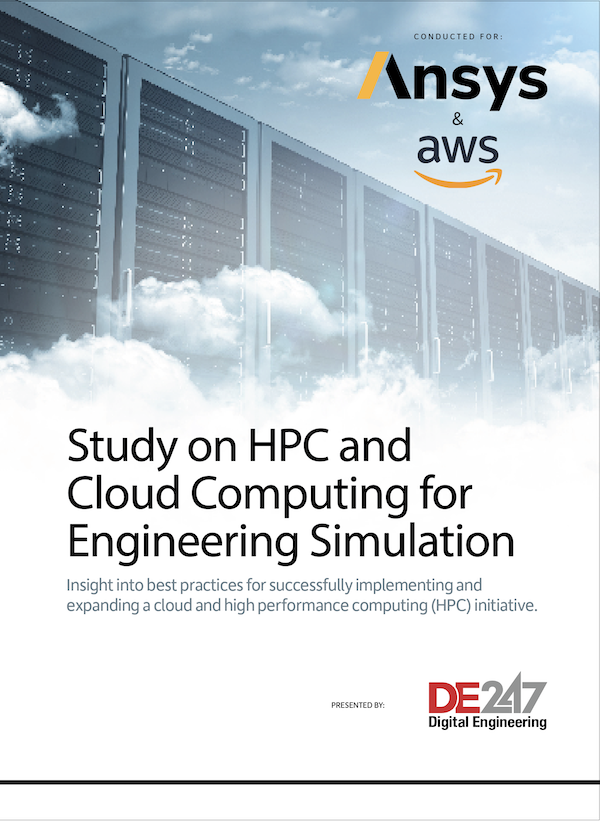Rescale Debuts Federally-Compliant HPC Cloud Service
ScaleX Government delivers FedRAMP Moderate authorization and ITAR compliance.

ScaleX Government stakes claim to the first federally compliant HPC cloud orchestration service. Image Courtesy of Rescale
Latest News
November 18, 2019
The combination of increased product complexity and cost-friendly cloud services have been a boon for High Performance Computing (HPC) capabilities—that is unless you happen to reside in a federal agency or research institution, which have been shut out from leveraging modern HPC technologies due to strict compliance requirements.
The federal government imposes rigorous regulations on computing architectures among those it does business with, and those requirements become even more onerous when you shift to the cloud. For example, it is mandatory that computing architectures used in government agencies and research institutions comply with ITAR (International Traffic in Arms Regulations), which governs the transfer of sensitive defense and military technologies to non-U.S. persons. More recently, cloud products and services must now achieve FedRAMP (Federal Risk and Authorization Management Program) Authorized status, which is the government initiative tasked with delivering a standard approach to the security assessment, authorization, and continuous monitoring of cloud products and services.
As a result of these mandatory compliance requirements, the latest architectures, including HPC in the public cloud, have been out of reach and inaccessible to federal agencies and many research institutions doing work for the U.S. government. Most of these entities either have a special room with computing equipment that is locked down and rarely, if ever, updated once in compliance. In the case of large federal agencies, they are forced to build and maintain their own data centers and ensure they stay in compliance, notes Robert Combier, director of product marketing at Rescale. If they do have access to HPC horsepower, which isn’t a given, it’s typically of an older generation and much slow than state-of-the-art HPC capabilities, he says.
“All the cool kids in the private sector are running on cloud with the latest technologies solving engineering and analysis problems, at two, three, or even four times faster than the people locked into a data center that is government approved,” he explains. “From a productivity perspective, it puts limits on what you can do.”
Enter Rescale’s new ScaleX Government, what the company claims is the only fully managed service that offers FedRAMP Moderate authorization and ITAR compliance. ScaleX Government delivers an end-to-end cloud HPC service that is compliant across every component, Combier says, including the compute, storage, application, and management stack.
Rescale will now be found in the official FedRAMP Marketplace, providing a simple way agencies can locate and learn about the platform. As a result, federal agencies and higher education institutions will finally be able to shift workloads from outdated, fixed IT infrastructure to an on-demand cloud computing environment that is far more cost effective and simpler to spin up, not to mention the ability to scale workloads up and down depending on need.
For Rescale, which created a completely rewritten and separate platform to meet the FedRAMP guidelines, the ScaleX Government offering opens doors to wholly new markets—Combier estimates that 44% of the potential market for HPC use resides in government and higher education, which have been mostly been shut off from cloud HPC offerings.
“Some with deep pockets could go and get their own FedRAMP authorization, but the real question is why would you want to do that and dedicate 20 engineers and 10 months to develop something that you can now get off-the-shelf?” Combier says.
The National Renewable Energy Lab (NREL) co-sponsored the FedRAMP application with Rescale and will be the first to benefit from use of the cloud-based HPC platform to accelerate its energy efficiency and exploration research.
To learn more about Rescale and the ScaleX platform, watch this video.
More Rescale Coverage

Subscribe to our FREE magazine, FREE email newsletters or both!
Latest News
About the Author
Beth Stackpole is a contributing editor to Digital Engineering. Send e-mail about this article to DE-Editors@digitaleng.news.
Follow DE






